The price difference between 4.39 yuan and 21.68 yuan is 5 times . What's the difference between them? As you may have guessed, the latter is called " organic vegetables ". We organized 10 volunteers to eat five kinds of organic vegetables and the corresponding ordinary vegetables in the blind test. The result was that the winner was ordinary vegetables.
However, the selling point of organic vegetables is not delicious. It is defined as Zero chemical fertilizer, zero pesticide and zero transgenic . Vegetables grown in accordance with the laws of nature, coupled with the word "organic", the price also soared.
Many people say "organic" is safer, and we think it is - IQ tax .
Two months ago, we interviewed an expert from a quality inspection institution and told him that we planned to plan a vegetable program. His response was to laugh and then said, "if you want to find vegetables with excessive pesticide residues, I can give you a bonus."
He said that in recent years, pesticide residues on vegetables have no longer become a food safety problem , and the quality inspection agency has even made a provision to give an additional reward of 500 yuan to the staff who found a case of agricultural residues exceeding the standard. At the end of a year, they have not been able to issue several bonuses.
However, although pesticide residues are no longer a problem for ordinary vegetables, organic vegetables are different. The national standard requires that organic vegetables can not have any pesticide residues, which is also an important reason why they can sell at sky high prices. But there are not many organic vegetables that can really do this. Experts suggest that we do a round of testing.

Investigate
Next, we did some investigations and found that there were many reports of counterfeiting of organic vegetables. Including CCTV's focus interview, the whole chain of counterfeiting of so-called "organic" vegetables was also exposed in a program in May 2018.
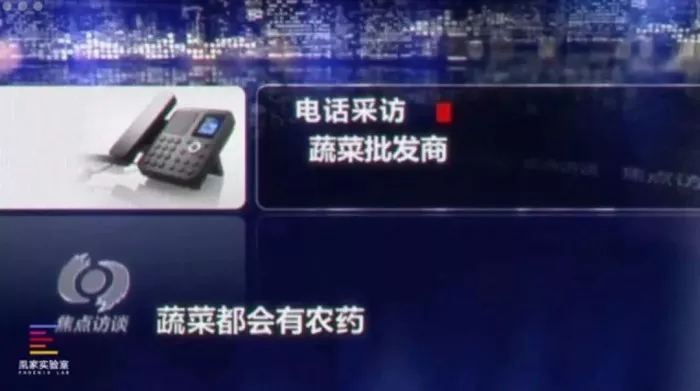
In 2015, the vegetable comparative test report released by Tianjin Consumer Association showed that 70% of "organic" samples were detected pesticide residues, and the detection rate of single agricultural residues in Organic Certified vegetable samples was even higher than that in conventional vegetable samples.
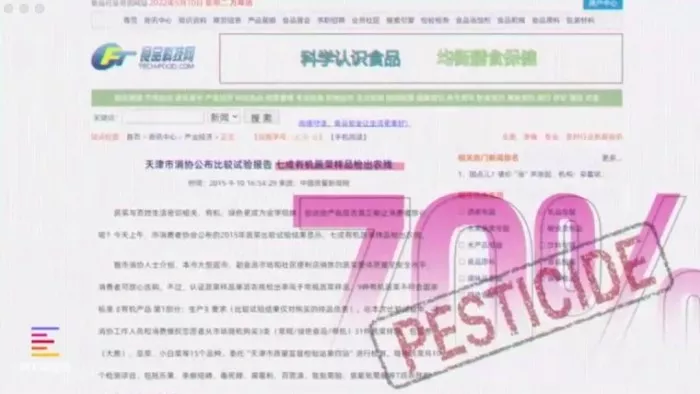
In addition, the media survey found that the organic agricultural product certification certificate can be done with money . It takes more than 20000 yuan to handle the organic certification of a famous certification institution, and a cheaper 6000 yuan is OK.
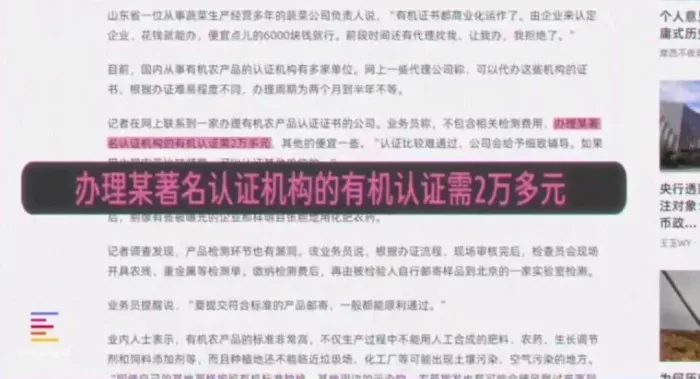
In addition to these official reports, there are many online employees who claim to expose the inside of the industry. The most serious one is that he has been employed for five years. "Unless the boss is engaged in public welfare", there are no greasy organic vegetables "almost impossible" .
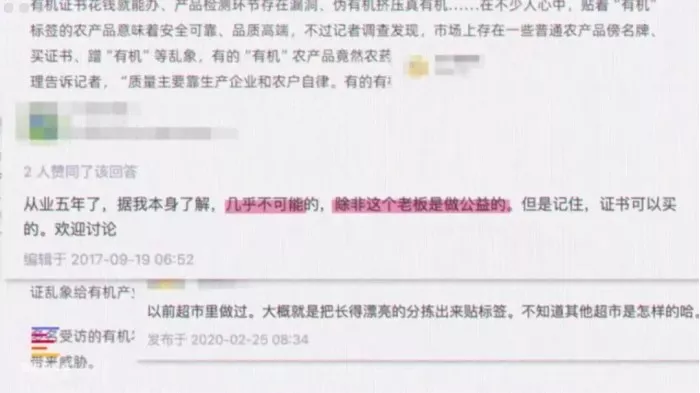
Is it really that serious? Our staff also pretended to be farmers and contacted a certification authority at the top of the search engine. They said that they had ten acres of land at home and wanted to do organic certification.
The result was blatant fraud . Even if we said that the land at home had been using pesticides normally before, and there was no three-year conversion period at present, the other party still assured me that they could help me "qualified".
Only need 30000 yuan , 10 acres of Organic Certified land, was born.
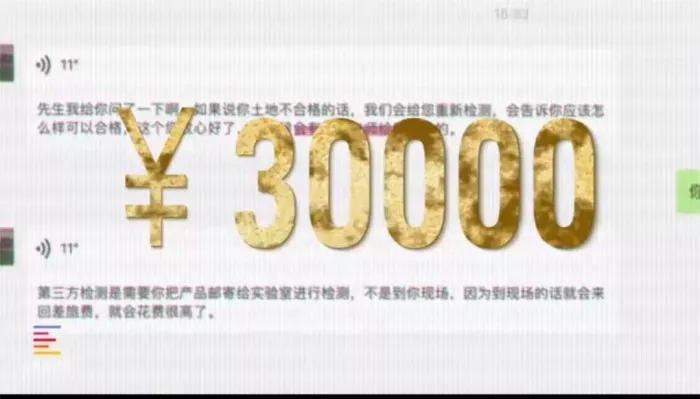
In addition to water and soil certification, there is also product certification. The certification process is also very "interesting". Who can't think of sending products with agricultural residues to the laboratory by mailing them to the testing institution?
All these preliminary investigations have confirmed the expert's statement that organic vegetables are a big problem. Next, we only need to send the so-called "organic vegetables" to the testing agency to confirm how deceptive they are.
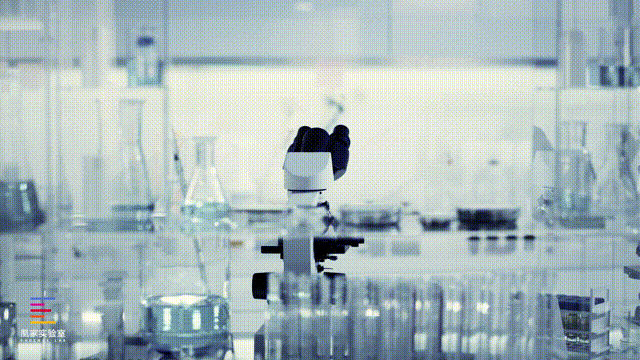

Laboratory testing
This time, the selection came from seven channels, including four chain fresh food supermarkets, two vegetable shopping apps, and Sanyuanli, a famous online red vegetable market in Beijing. A total of 11 kinds of "organic vegetables" were purchased , which are "organic" in terms of price.
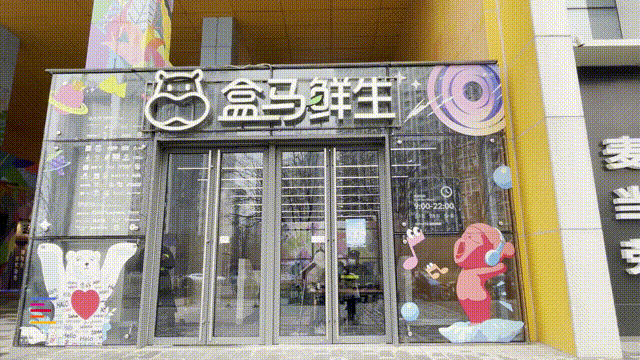
After consulting dozens of relevant literatures and consulting Taobao pesticide sellers, we selected 9 pesticides that are most commonly used and most likely to have residues from 564 pesticides approved by the national standard. Then entrust the authoritative laboratory in food testing to detect the agricultural residues of 11 "organic vegetables" according to these nine indicators.
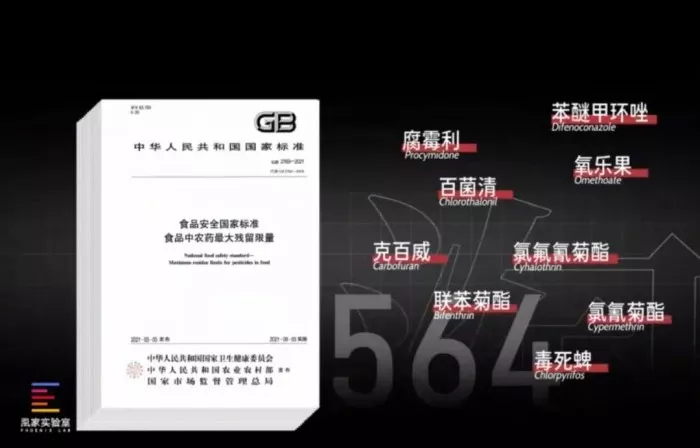
Two weeks later, the test results came out, but the performance of this batch of "organic vegetables" was really unexpected:
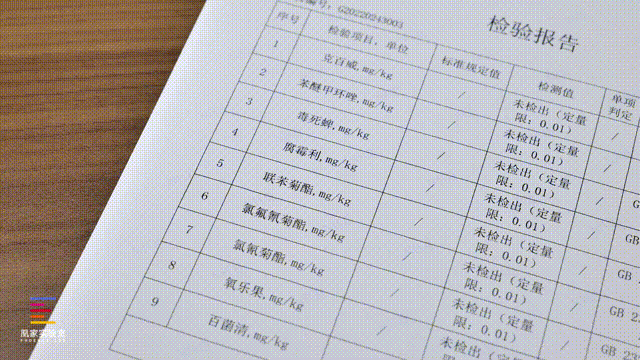
Most of the selected products have passed the test. They do not contain agricultural residues. They are really "organic". Only the "organic celery" bought in Sanyuanli vegetable market has detected the pesticides Difenoconazole and cypermethrin .
The outer package of the "organic celery" did not have any "organic certification" logo, but when we bought it, the merchants kept emphasizing to us that this bag of celery is "organic celery" and does not contain pesticides.
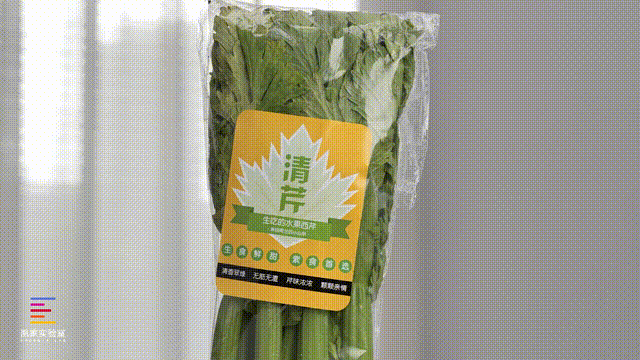
In other words, agricultural residues were not detected in all vegetables with "organic" logo.
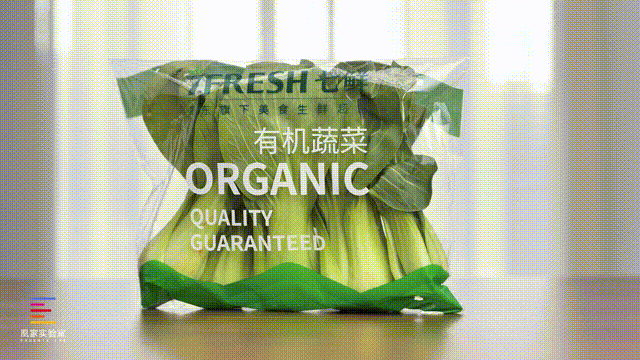
Out of doubt about the results, we purchased another batch and sent it to another qualified laboratory for testing. This time, we removed their product labels and repacked them, completely adopting the form of "blind test".
It was another two weeks of waiting. The test results were different from the first time, and finally caught a sample with "organic" logo but detected agricultural residues: the "organic rape" on meituan's vegetables , and two kinds of pesticide residues were detected.
But this is the only one. This time, other choices, including "organic vegetables" in Sanyuanli vegetable market, also passed.
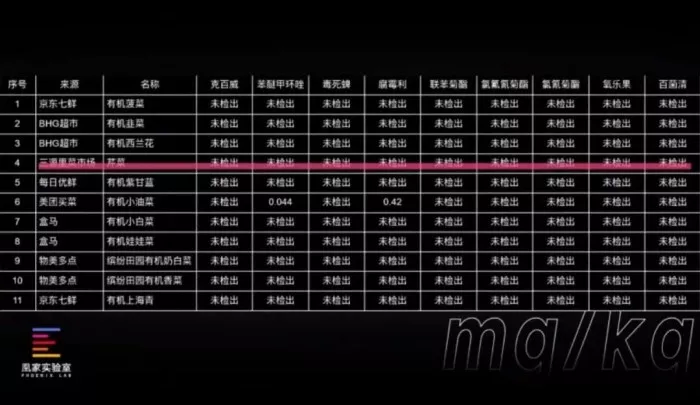
To explain, the agricultural residues detected in the two rounds of testing are far lower than the national standard limit, but it proves that they are not really "organic" and will not cause any health risks .

Ending
When we get the results of two rounds of testing, our mood is very complicated. How should we treat this result? Is there a problem with organic vegetables? Of course, fake "organic vegetables" containing pesticide residues were detected in both rounds of testing. However, the extent of the problem detected in the end is far less than what we expected from our previous investigation.
We still believe that from the perspective of food safety, "organic vegetables" is a pure IQ tax . Unless you are a hard core environmentalist, you are not recommended to buy it, because it will not bring you any value except spending more money.
And the many fishy investigations about the "organic" industry are still true.
However, as far as the test results are concerned, they are indeed much better than our prior inference, especially the famous fresh food chains we most wanted to catch at the beginning, but none of them found the problem. In other words, in this field of lack of supervision and complex links, the physical stores of fresh food chains can still block the fake "organic" out of the door, at least not as they did a few years ago.
This may be the positive value brought by the brand.